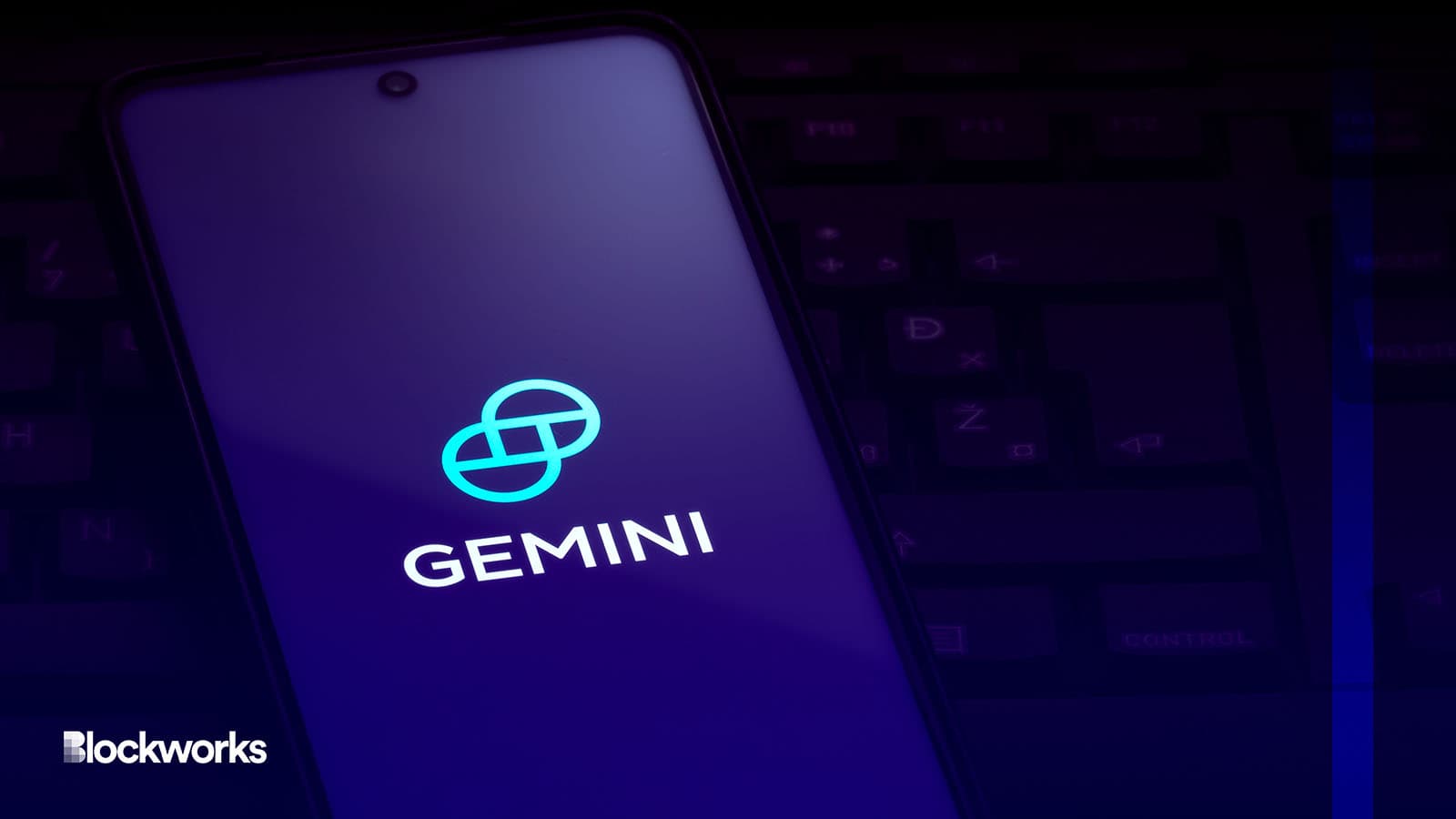Gemini moves to dismiss SEC lawsuit, claims accusations flawed
The exchange’s lawyers argued that the SEC hasn’t provided key details about alleged securities, such as sale date or parties involved, making its case weak against Gemini.

24K-Production/Shutterstock, modified by Blockworks
Gemini is pushing a federal judge to dismiss the US Securities and Exchange Commission’s lawsuit, arguing the agency didn’t conclusively show the exchange sold unregistered securities.
In January, the SEC claimed Gemini and Genesis improperly managed customer funds, pointing to issues with Gemini Earn and a mandatory Master Digital Asset Loan Agreement (MDALA) for participation in the program.
The SEC asserted in its lawsuit that Gemini Earn and MDALA qualify as securities.
But Gemini’s legal team argued in a court filing on Friday that the SEC cannot substantiate its claims in court.
“In any event, even assuming for the sake of argument that SEC has somehow described a security (under either of its inconsistent theories), it has not plausibly alleged that such security was ever sold or offered for sale,” Gemini lawyers John Baughman and John Nathanson wrote.
The attorneys further claimed that the SEC can’t specify details like the sale date of the alleged security, the parties involved or the price set.
“The complaint is silent on each of these points, and that silence is fatal to the SEC’s theory,” they added.
“Is the SEC seriously contending that the entire Gemini Earn program was a thing that could be bought and sold? Is it really arguing that someone held title to the program and that it was up for sale?” they added.
“The assertion, besides being untethered from the facts alleged in the complaint, bears no relation to reality.”
Gemini has sought an oral hearing in its bid to have the case dismissed.
Last month, Gemini sued Digital Currency Group and CEO Barry Silbert, claiming they engaged in a fraudulent scheme to lend significant amounts of crypto and US dollars to DCG’s subsidiary, Genesis. DCG has filed a motion to dismiss.
Get the news in your inbox. Explore Blockworks newsletters:
- The Breakdown: Decoding crypto and the markets. Daily.
- 0xResearch: Alpha in your inbox. Think like an analyst.






